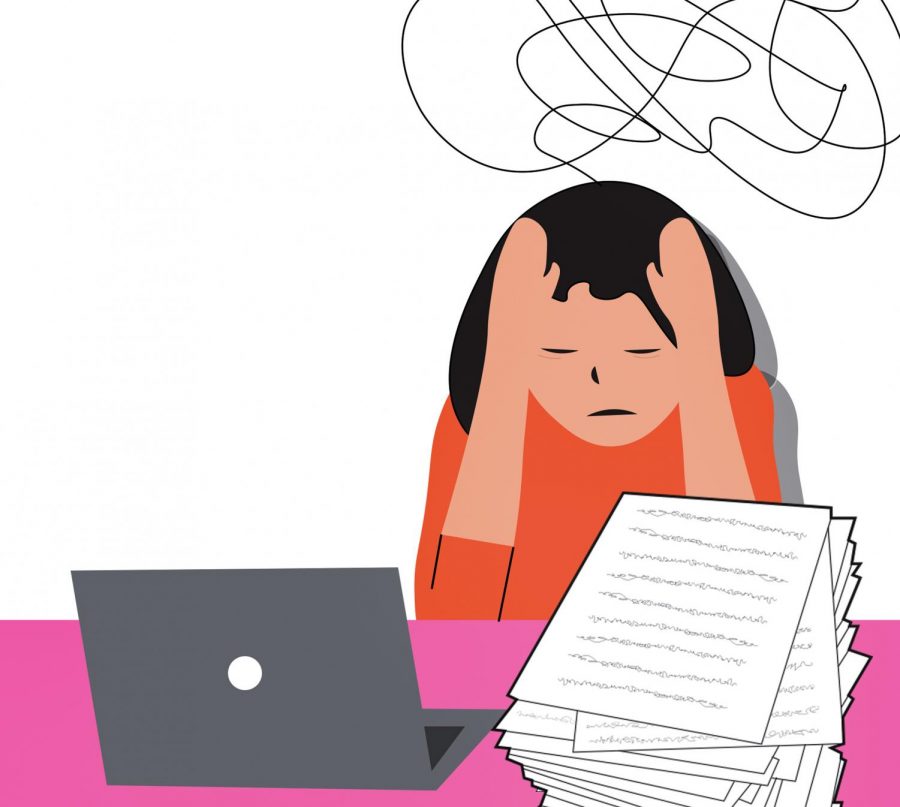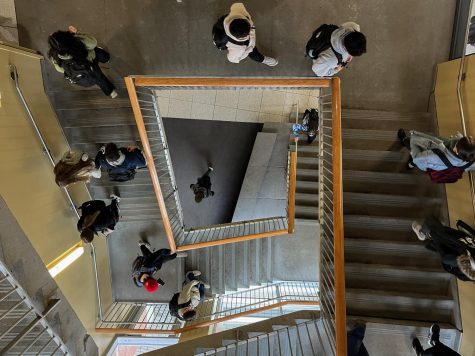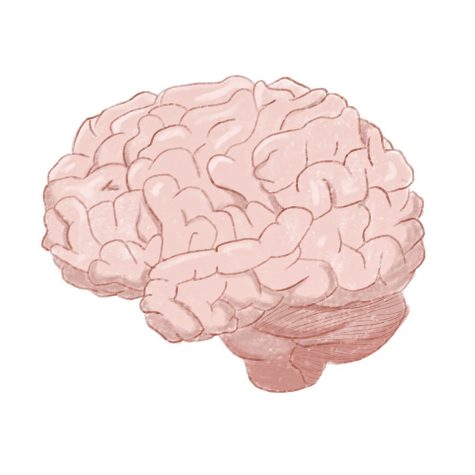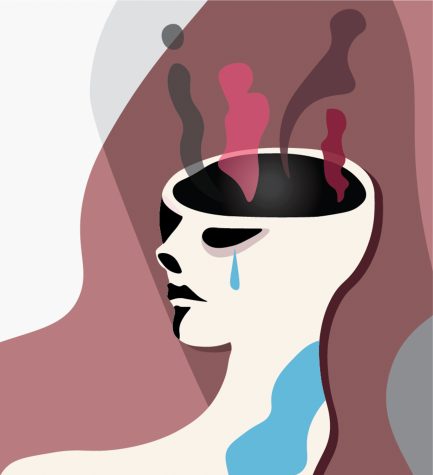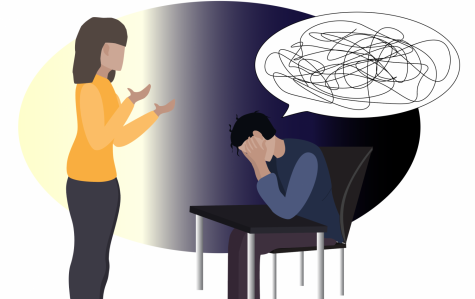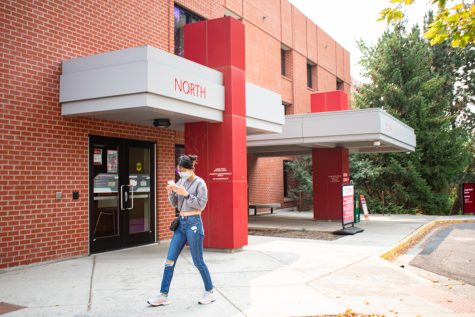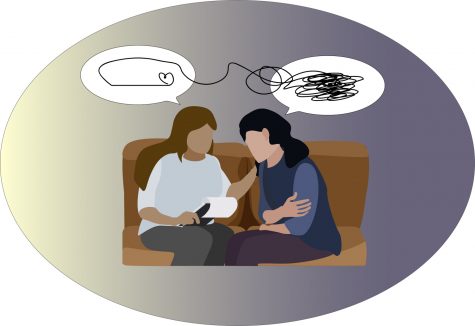Pass your finals by staying mentally, academically, physically well
Conscious breathing signals the parasympathetic nervous system; sleeping gets rid of waste proteins
For students feeling stressed at the end of the semester, breathing practices can help regulate the body and bring a sense of calm.
December 10, 2021
Students can sometimes get so stressed over finals they forget to take care of themselves. This is a guide on how to stay mentally well, academically successful and physically healthy.
Mental health during finals
Feeling overwhelmed during dead and finals week is something many students have experienced.
“First, notice that you’re in a place of overwhelm or that you’re feeling anxious,” said Mary Kay Patton, human development scholarly assistant professor.
From there, putting everything that you need to get done in front of you will be helpful for long-term success, said WSU academic coach Morgan Jernigan.
“Break it down into more manageable pieces and chunks,” Jernigan said. “Alright, for the next hour, what am I going to focus on? Alright, after that’s done, what am I going to do in the next hour?”
If someone is feeling so overwhelmed that they are not feeling grounded, taking some deep breaths can be helpful, Patton said.
When someone is not grounded, the mind thinks the person is under threat. Then, the sympathetic nervous system is activated. This is known as fight, flight or freeze, Patton said.
When the person begins conscious breathing, it signals the parasympathetic nervous system, she said. Then, the mind can go into a conscious response rather than a habituated response.
Study skills during finals
To be organized during finals week, create a schedule. When someone is looking at their daily schedule, they should see what they already have planned, Jernigan said. For the times there is not anything, fill it in with studying time.
“That way you can use your time effectively and make sure that you are using all of the time that you have available to study,” she said.
To study for math-based classes, students should go back through their notes, go over previous homework, redo problems they did for homework and review quiz and exam problems, Jernigan said. For any concepts students are struggling with, they should reach out to their professor or TA.
For classes that are based on memorization, use flashcards and study the flashcards throughout the day rather than trying to memorize all at once, Jernigan said.
Physical health during finals
Food is a necessity for your body, and you should not push it off. People should eat the foods that make their body and mind feel good, Patton said.
Food gives people energy and will help with cognition and staying focused. Meals should be spread out every three to five hours because that is how long it takes for food from the last meal to make it into the small intestines, according to Insider.
When someone is stressed, a group of brain chemicals called endorphins can help them feel good and decrease worrying, according to the Mayo Clinic. To activate endorphins, people should exercise. Examples of potential exercises include lifting weights at the Chinook, going for a walk or running around campus, or taking a fitness class.
Adults need seven or more hours of sleep, according to the Centers for Disease Control and Prevention.
However, during finals week, students tend to neglect their sleep, which can affect cognition, memory and focus, according to WebMD.
While awake, toxins build up in the human brain, according to NPR. While sleeping, the flow of the cerebrospinal fluid in the brain increases, and that gets rid of the waste proteins between brain cells.
Everyone requires different amounts of sleep, Patton said. People should think about how many hours of sleep they get when they feel the best and shoot for that number. Even if getting less sleep means someone can study for a couple more hours, it is not worth it.
“You might get away with [limiting sleep] for a little while, but it’s not a long-term solution. It certainly is not going to serve you well,” Patton said.

